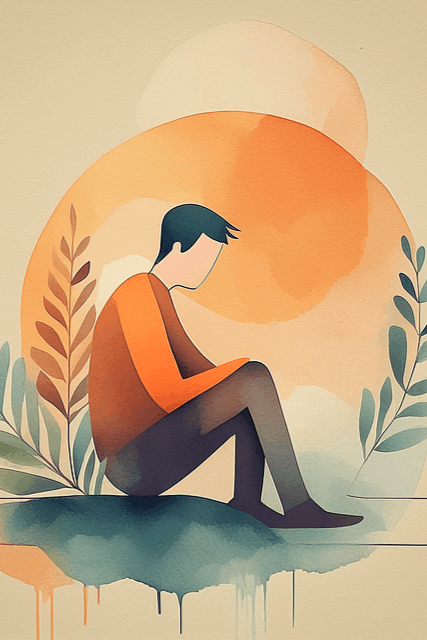Grief and Depression Therapy
Grief vs. Depression: Understanding the Difference
When you’re grieving, it can feel like the world has lost its color. When you’re depressed, it can feel like the world never had any color to begin with. Both experiences are heavy, personal, and deeply challenging, but they’re not the same. Understanding the difference between grief and depression is essential for recognizing what’s happening within you or someone you care about, and for knowing when to seek help.
What Is Grief?
Grief is a natural response to loss. It’s the emotional pain we feel when someone or something we love is no longer part of our lives. While most often associated with the death of a loved one, grief can also arise from other types of losses, like a breakup, the loss of a job, or even significant life changes.
Grief is complex and personal. It doesn’t follow a set timeline or look the same for everyone. You might feel intense sadness, anger, guilt, or even moments of relief and joy. These emotions can ebb and flow, often hitting in waves. One day you might feel like you’re starting to heal, and the next, a memory or trigger can bring the pain flooding back.
What Is Depression?
Depression, on the other hand, is a mental health condition that affects your thoughts, emotions, and body. It’s not necessarily tied to a specific event and often feels like a persistent heaviness that clouds every aspect of life. Unlike grief, which often comes in waves, depression tends to feel constant, unrelenting, and overwhelming.

Follow us on Facebook!